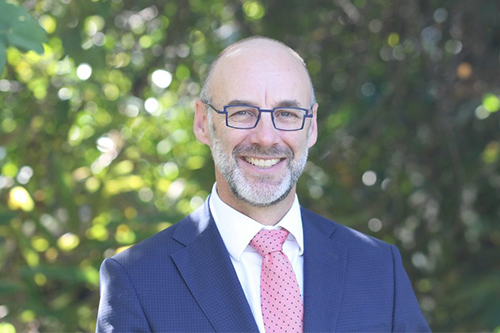
A few months ago, we were working with the academic leadership team of a school. The team, led by the principal, meets weekly. As we prepared to spend two full days together, the principal began with an enthusiastic comment:
“I’ve really been looking forward to this because for the first time in a long time, we’re going to spend a decent amount of time talking about pedagogy.”
I was both surprised and not surprised.
Pedagogy, essentially the art and science of teaching, should be at the heart of every school. Yet in my experience, very little time is spent within schools talking deeply about how to teach. Staff meetings, leadership meetings, and team gatherings are more often consumed by operational and logistical matters: assessment schedules, timetables, student behaviour, risk management, staffing issues; the list goes on.
After 25 years of leading schools, visiting schools across the world, and now working alongside them, I continue to lament the absence of sustained, school-wide conversations about teaching practice. Despite widespread concern about declining standards and student outcomes, the act of teaching remains largely private. A graduate finishes their degree, secures a job, and, unless fortunate enough to land in a school with a strong mentoring or induction program, walks into a classroom, closes the door, and is largely left to it. Rarely is their teaching observed for the purpose of professional growth, and feedback, if given, is often limited to student outcomes or behaviour rather than pedagogy.
Over the past decade, there have been important steps toward changing this. The creation of the Australian Professional Standards for Teachers by AITSL was a major development, offering clarity around what high-quality teaching looks like. And we know from John Hattie’s research (Visible Learning) that teacher quality has the highest effect size on student achievement. However, these standards have proven difficult to embed meaningfully in most schools. Appraisal systems that support genuine teacher growth are still rare and certainly not cost-effective, and uptake of the Highly Accomplished and Lead Teacher classifications remains low.
Professional development, too, is often hit and miss. As a former principal, I can say that PD has frequently felt like an expensive token gesture, nice for morale, maybe energising in the moment, but rarely resulting in lasting impact on classroom practice. I can’t point to a single external workshop and definitively say it changed classroom practice in any lasting and measurable way.
So, what’s the answer?
In my experience, the most powerful catalyst for teacher growth is conversation; purposeful, reflective, and professional conversations about teaching. If the only discussions happening in schools are about logistics and operations, then that’s where teachers will focus their energy. The unspoken message is: “Teaching will be better if you’re well-organised and your students behave.”
Schools have to shift the focus of the conversations.
One of the most effective strategies I’ve seen is replacing traditional staff meetings with Professional Learning Circles (PLCs). Instead of sitting through a weekly meeting where most agenda items are irrelevant to half the room, schools can reallocate that time to structured, meaningful dialogue about pedagogy.
The idea, developed through the work of Professor Alma Harris and others, is simple but powerful: create small groups (no more than 12 people), drawn from different parts of the school, not all from the same faculty or sub-school. This cross-pollination means participants have only two things in common: teaching and students.
The most effective PLCs are led by trained facilitators, usually senior staff members. The conversations are structured around the school’s pedagogical framework and supported by thoughtfully prepared materials, provocations, or questions. The environment is intentionally non-judgemental and reflective. The goal is simple: to help teachers think more deeply about their practice and grow.
When given time and space to reflect on their teaching regularly, teachers naturally begin to improve. They learn from one another, they question their assumptions, and they make small, meaningful changes that add up over time.
PLCs cost nothing, except time and the courage to prioritise what matters. They require a shift in thinking: away from the assumption that management tasks are the most urgent, and toward a commitment to professional growth through purposeful dialogue; the transformation.
So yes, the principal’s comment caught my attention: “It’s been a long time since we’ve talked about pedagogy.” But it also affirmed something I’ve long believed: If we want better learning in our schools, we must start by improving the quality and frequency of the conversations we have about teaching.
Dr Paul Browning OAM is the Managing Director of Vivedus.
Vivedus is a learning activation model designed to transform learning by supporting the continued growth of teachers. Vivedus has a whole suite of resources to support schools do this, including resources for Professional Learning Circles.

